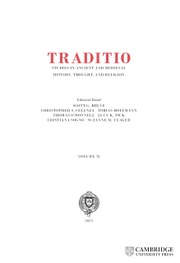Imperial Ideology and Political Thought in Byzantium, 1204–1330
This study is the first to systematically investigate Byzantine imperial ideology, court rhetoric and political thought after the Latin conquest of Constantinople in 1204 - in the Nicaean state (1204–61) and during the early period of the restored empire of the Palaiologoi. The book explores Byzantine political imagination at a time of crisis when the Empire ceased to be a first-rate power in the Mediterranean. It investigates the correspondence and fissures between official political rhetoric, on the one hand, and the political ideas of lay thinkers and churchmen, on the other. Through the analysis of a wide body of sources, a picture of Byzantine political thought emerges which differs significantly from the traditional one. The period saw refreshing developments in court rhetoric and political thought, some with interesting parallels in the medieval and Renaissance West, which arose in response to the new historical realities.
- Dispels the myth that the Byzantines produced no viable or original political thought
- Explores the history of Byzantium after the Fourth Crusade
- Sets Byzantine political ideology and rhetoric within a wider medieval context
Reviews & endorsements
"This volume, which began as a doctoral dissertation, succeeds in presenting a very comprehensive, clear and scholarly picture of Byzantine political thinking in a moment of crisis. It is a remarkable scholarly achievement, and it reads very well. Angelov's book is an important contribution to Byzantine studies and a paradigm of research." --Comitatus
"Recommended." -Choice
"Angelov presents a lucid, intelligent, and pioneering study of a time when Byzantine writers discarded ossified ideology to produce important political philosophy." -Warren Treadgold, The Historian
"This book is a most welcome addition to recent scholarship on Byzantine intellectual thought, and it covers a difficult subject with dexterity and with a sure touch." -Peter Frankopan, Speculum
Product details
June 2011Paperback
9780521294386
474 pages
229 × 152 × 24 mm
0.63kg
Available
Table of Contents
- Introduction
- Part I. Official Ideology:
- 1. Analyzing imperial propaganda
- 2. The imperial idea: continuity and change in the imperial image
- 3. Rhetorical theories of succession
- 4. The ideology of imperial government
- 5. The panegyrists as lobbyists
- Part II. The Independent Theorists:
- 6. Tradition and innovation in theoretical texts
- 7. Theodore II Laskaris as a political thinker
- 8. The critics of the Palaiologoi: fiscal responsibility and elective kingship
- 9. The controversy on imperial taxation
- 10. Manuel Moschopoulos, Plato, and government as social covenant
- Part III. The Ecclesiastics:
- 11. The emperor - subject to the church: late Byzantine hierocratic theories
- Conclusions.

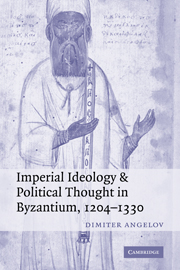
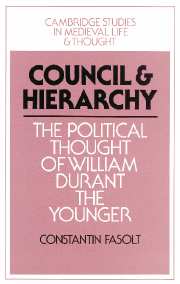
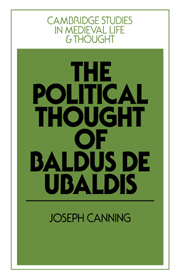
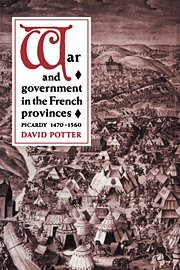
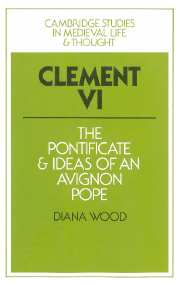



.jpg)
